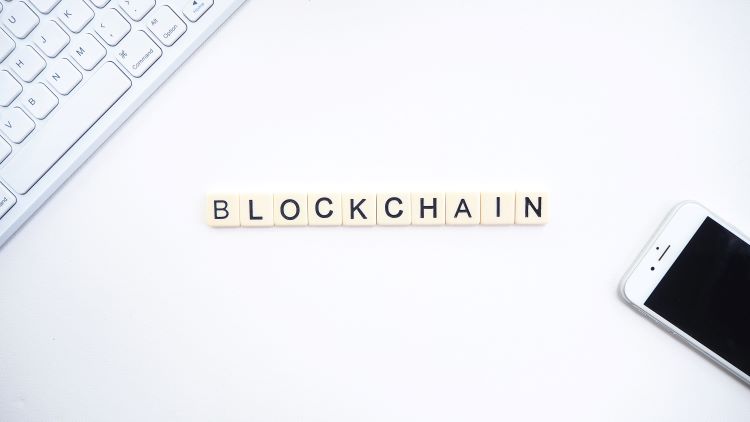While some governments are slow to enact cryptocurrency exchange regulations and adopt blockchain technology, others have initiated a rather enthusiastic approach towards cryptocurrency and blockchain technology. The United Arab Emirates, or UAE, is one of those latter countries, with a thriving cryptocurrency market featuring several exchanges, and the widespread adoption of blockchain technology by the UAE federal government. Indeed, the exuberance expressed by the UAE government, particularly in Dubai, towards this new technology merits a close examination.
UAE has never acted bashfully towards adopting new technology. Foreseeing a major technological acceleration in the early 2000s, the government of Dubai began to digitize government services by creating the Smart Dubai Government (SDG) Initiative. In terms of cost, the initiative has saved the Government of Dubai over USD $1 billion over 15 years by implementing strategies like improving management, eradicating redundancies, lowering carbon emissions, and more. The results of such efforts have led some to state that the UAE is the most digitally advanced country in the middle east. Looking forward, the government of Dubai aims to have at least 50% of all federal transactions executed through a blockchain by 2021. Currently, the UAE is using blockchain to further advance digitization efforts.

Realizing the potential value that blockchain technology can offer to government, private industry and society as a whole, the government of Dubai launched the Global Blockchain Council, a public-private partnership aiming to create a future secured and effectuated by means of blockchain. Working with tech giants like IBM and Phillips, the Council aims to usher in changes to several sectors of the Emeriti economy. Health care, for example, can benefit greatly from blockchain. Accessing patients’ medical records through a blockchain will provide security, save clinics and hospitals money, and give doctors more ability to make important, and possibly lifesaving decisions. Offering a boon to entrepreneurs, blockchain technology has made the business registration process much more efficacious as well, compiling all the required signed documents and records on one blockchain.
In addition to widespread blockchain adoption, UAE has also welcomed the use of cryptocurrency, evidenced by the large number of cryptocurrency exchanges, both local and international. The UAE government has laws and regulations that directly apply to cryptocurrency markets; these are carried out by the Financial Services Regulatory Authority (FRSA) and the Abu Dhabi Global Market (ADGM). Currently, cryptocurrency transactions are tax free.
Expressing a deep understanding of how cryptocurrency will affect local and global economies in the future, the UAE launched its own cryptocurrency in 2017. Dubbed EMCASH, this digital currency allows citizens to pay for everything from utility bills, tuition, to designer handbags. Additionally, people conducting business with next-door Saudi Arabia can use EMCASH for cross-border payments. Thus, being one of the first countries in the world to invent and implement its own cryptocurrency, the UAE provides a great model for other countries wishing to integrate the blockchain into their economies.
The shift to blockchain is not the only technological advancement occurring in the UAE: in 2000, the government initiated a space program, having launched almost a dozen satellites since its inception. It plans to send an unmanned craft to Mars by 2021. The efforts undertaken by the UAE clearly demonstrate the benefits governments and society can reap as a result of adopting blockchain technology and fomenting the growth of cryptocurrency markets.



